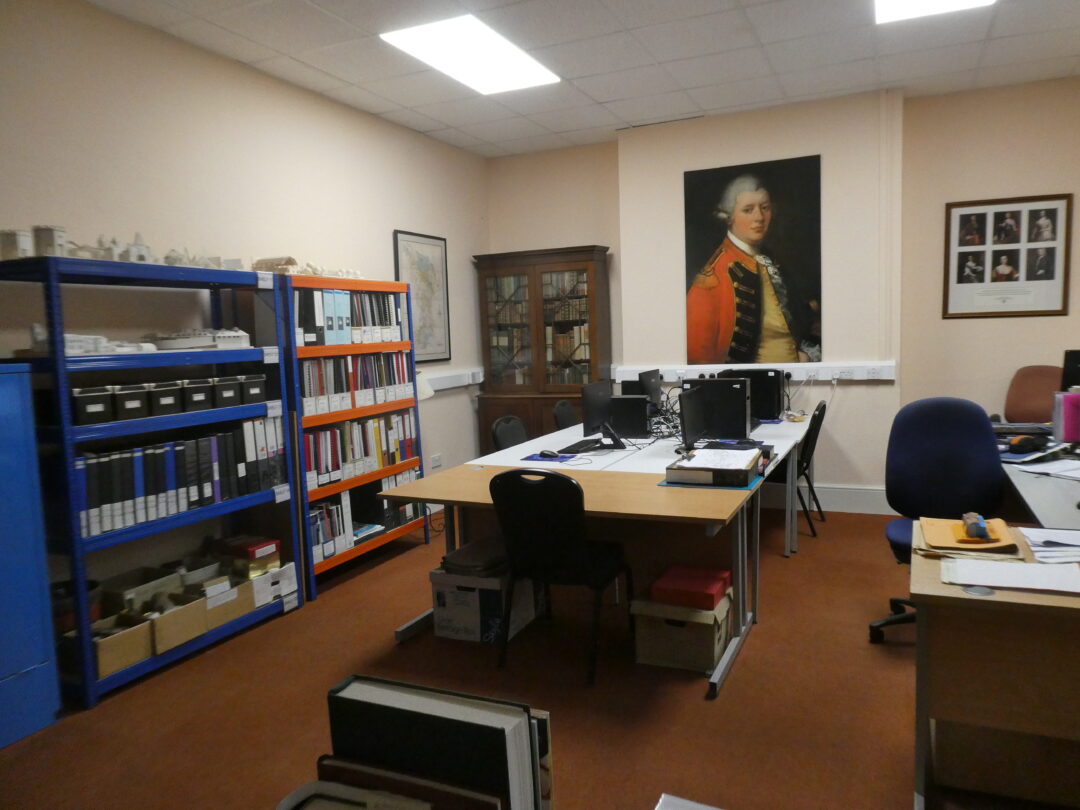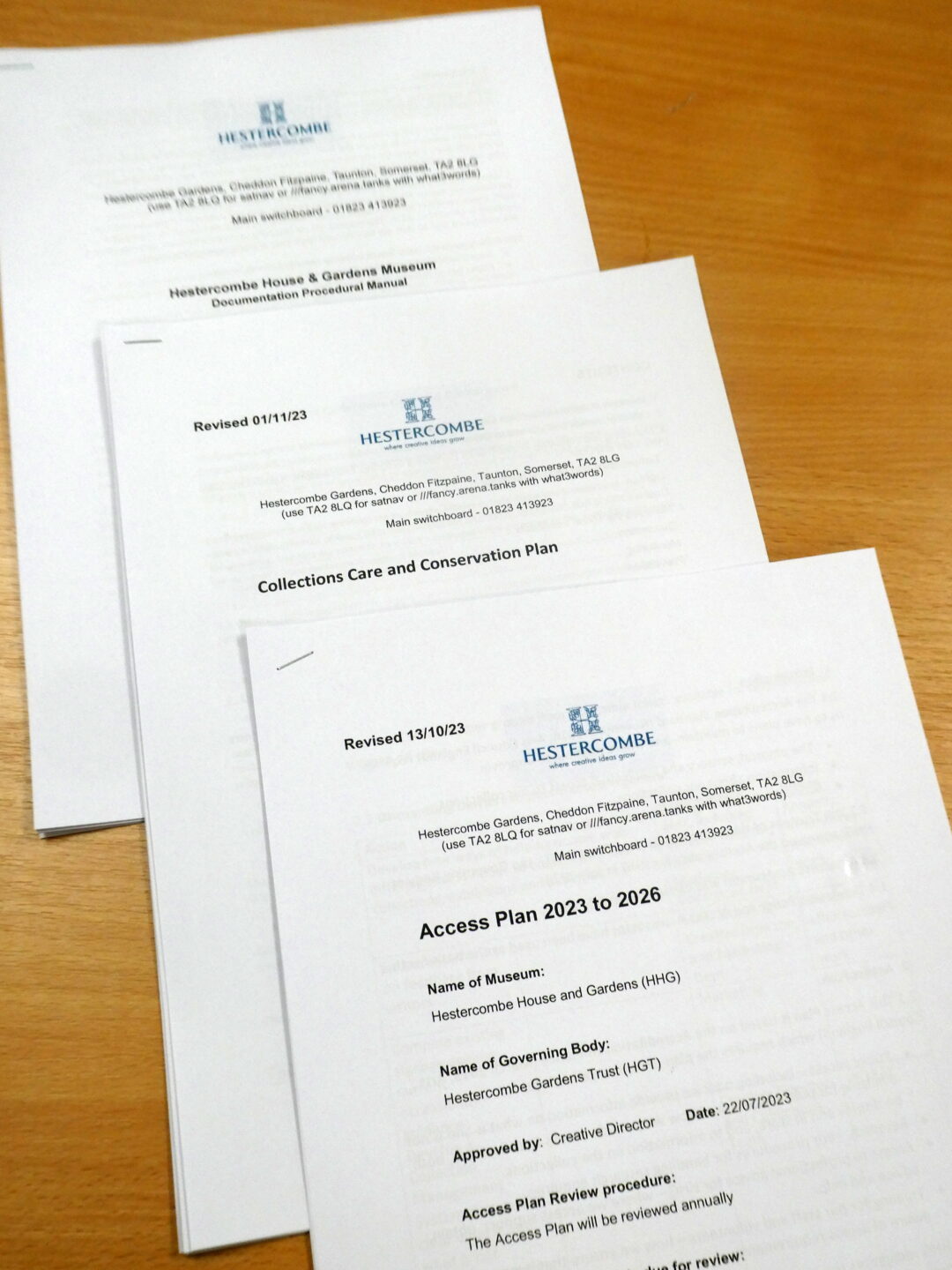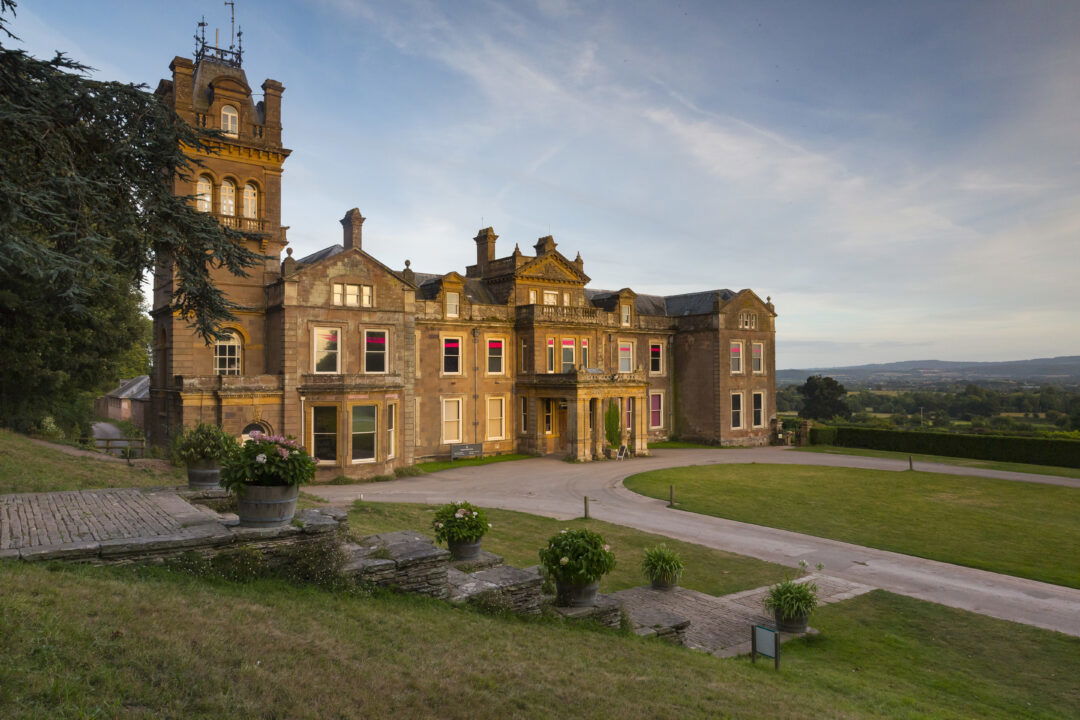Notice
Hestercombe will be closed all day on Tuesday, December 16th, while the National Grid completes local high-voltage work across the estate. Sorry for any inconvenience this may cause.
Our Archivist, Kim Legate, explains the journey of how Hestercombe House and Gardens were successfully awarded full museum accreditation.
Hestercombe will be closed all day on Tuesday, December 16th, while the National Grid completes local high-voltage work across the estate. Sorry for any inconvenience this may cause.
“Museums enable people to explore collections for inspiration, learning and enjoyment. They are institutions that collect, safeguard and make accessible artefacts and specimens, which they hold in trust for society.”
Museums Association’s definition of a museum 1998
In 2018, the Hestercombe Gardens Trust began its five-year journey towards Museum Accreditation, the UK benchmark for well-run museums and galleries that ensures that everyone at these institutions functions effectively to help people to engage with their collections while protecting them for future generations. The Museum Accreditation scheme accomplishes this by ensuring that museums manage their collections and engage with visitors according to a nationally agreed industry standard.
Gaining Museum Accreditation is a two-step process. Led by Creative Director, Tim Martin, an application was made to Arts Council England (ACE) in early 2018 for accreditation as a museum based on six criterion, the most important of which are: consist of a physical site/space/building open to the public regularly; enable the public to see and engage with the museum’s collections; have an appropriate constitution which supports the long-term purpose of the museum. After a lengthy review, the Trust was approved by ACE as ‘working towards accreditation’ in July 2019 and given until July 2022 -- later extended to July 2023 due to Covid -- to make a full application for Accreditation. That was the easy part.

The onerous application process that followed benefitted from the expert guidance of South West Museum Development and involved the generation of over twenty policies, plans, schedules, checklists and reports. The Hestercombe Archive was moved to the ground floor of the House to address security and accessibility concerns, the digital universe was scoured for a suitable collections management system (CMS), the Archivist temporarily lost his sanity and the Trust was forced to take stock, to look hard at what we have and how we intend to manage and care for a core collection of over 3,000 nationally significant items. Some like watercolour paintings and porcelain, for example, have specific storage requirements that necessitate environmental controls (temp, RH), UV monitoring and archive enclosures of acid-free tissue and Plastazote foam. The final application of over 100 pages was submitted on 23 July 2023 but only after months of examining accreditation models from successful applicants like Tyne and Wear Archives and Penlee House, Penzance. In parallel, consultations were held across all departments at Hestercombe from marketing and finance to estates, catering and trading. The final application addressed site and collections security, museum access, volunteer recruitment and training, collections care, emergency procedures and salvage and financial viability. Moreover, it showed that the Hestercombe House and Gardens Museum (HHG) is fully committed to following SPECTRUM 5.0, the strict UK Collections Management Standard.

The implications of achieving museum status are significant. Accreditation gives access to professional advice and support, gives confidence to donors and sponsors who may wish to support the museum and opens up exciting funding opportunities. From 2023 to 2026 the ACE has committed to investing over £700 million to help support the arts and culture sector. Such largesse should enable us to put on more exhibitions and interpretation in the House, host touring exhibitions, train and recruit new volunteers, purchase archive quality display cases and packing materials and acquire the Spectrum compliant CMS, CollectionSpace, to showcase our collections with more digital punch. (The CMS selection process was, in itself, a project involving countless meetings, hundreds of man-hours of research, consultations with software specialists in Italy, the Netherlands, UK and the United States and testimonials from other heritage organisations that have successfully adopted, Spectrum approved systems like the Bodleian Library and The Museum of Somerset).
The award of Full Accreditation will be valid for approximately five years, at which point we will be invited to provide a return application to demonstrate continuing compliance with the Accreditation Standard.
The future is bright. We are already working on the migration of the core collection from a revised Excel database to CollectionSpace, the acquisition of, and training in, which is expected to take place in the second half of 2024. The Spectrum primary procedures which will form the basis of an improved accountable documentation system are now guiding the recording of the HHG collections and teams of volunteers from Fine Arts Society, Taunton, have been formed to help address our inventory backlog and speed the digitisation of historic images for online access.
